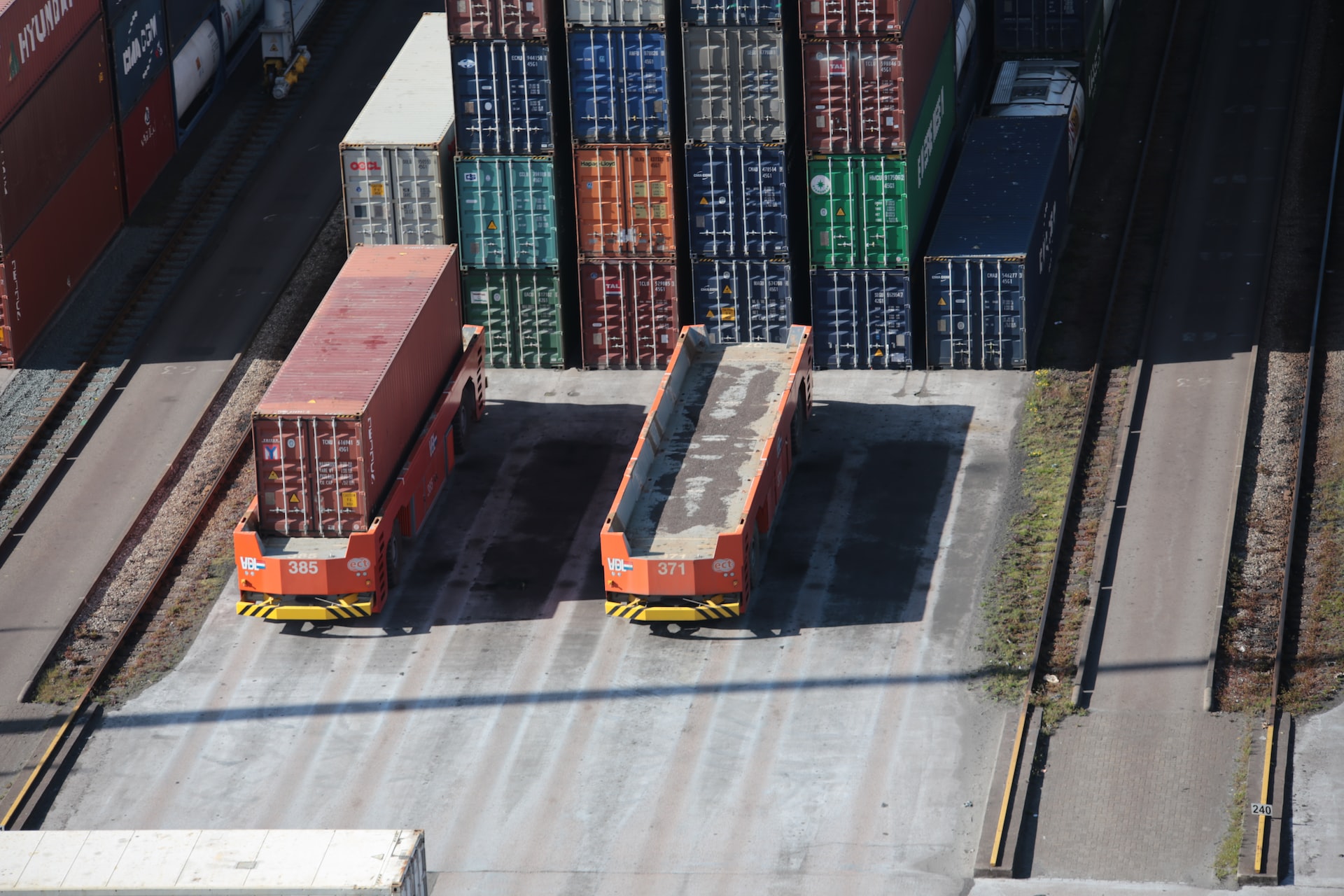Every business has its own highs and lows. No matter how many precautions the owner takes, there still can arise certain issues and problems that can call for risk assessment and immediate preventive solutions. Like other businesses and companies, trucking companies also face a number of challenges on a daily basis. Since trucking businesses are dependent upon government policies, like the rules and regulations, thus managing a trucking business on firm grounds is sometimes out of the control of the owner.
For initially starting a trucking company, the documentation process, obtaining a DOT number, getting registered by FMCSA, and other paperwork is now easily handled through online government-provided portals, but the later issues and challenges that truck business owners have to face are enormous, and sometimes overwhelming to deal with.
Some of the main challenges for the trucking industry are highlighted in the article below.
Finding and Retaining Qualified Drivers
The trucking industry is facing a shortage of drivers, which can make it difficult for companies to find and retain qualified employees. Handling a heavy vehicle is different from handling a small vehicle. Driving a truck needs expertise and vigilance. A truck driver has to be properly trained and educated, and assisted with compliance training, and also stamina matters a lot because truck drivers often have to drive for long hours which can make them tired. Thus the first and foremost challenge for the trucking industry is to find qualified and trained drivers which are difficult nowadays to look for.
Managing Fuel Costs
Fuel is one of the biggest expenses for trucking companies, and fluctuations in fuel prices can have a significant impact on the bottom line. Fuel issues have always been on the rise and many fuel merchants have deprived the trucking business of the fuel that it really needed to move on roads. The rise in fuel prices directly reduces the overall locomotion of trucks on the roads, and since after the Covid-19 pandemic, the inflation has caused serious fuel problems that are devastating for the trucking business.
Dealing with Regulations
The trucking industry is heavily regulated, and companies must navigate a complex web of laws and regulations at the federal, state, and local levels. The government has made strict rules and regulations for maintaining the safety of the trucking business, preventing road accidents, and providing ease to drivers. Thus for truck business owners, it becomes mandatory to fully fill the laws otherwise heavy penalties are imposed on them which can be damaging to the business.
Maintaining Equipment
Trucks and other equipment require regular maintenance and repairs, which can be costly and time-consuming. Most of the trucks have to visit a mechanic for overall maintenance after every long route. This consumes a lot of money and time, which makes it difficult for owners and drivers to deal with.
Managing Logistics
Trucking companies must coordinate the pick-up and delivery of goods, often on tight schedules, which can be challenging. Timely deliveries can become an issue because one cannot predict the situation on the road and anything can delay the due delivery. Trucking companies may face delays due to traffic, weather, or other factors, which can impact the delivery of goods and the bottom line. The potential customers often deduct payments on late deliveries which causes a loss to the business profit.
Managing Costs
A trucking company doesn’t rely on one person; it has several aspects that need to be kept in mind for good business turnout. Therefore it becomes essential for trucking companies to carefully manage costs in order to remain profitable, including fuel, equipment, mechanical repairs, and labor costs. Trucking companies can manage costs by reducing fuel consumption, using cost-effective routes, negotiating better rates with carriers, monitoring and maintaining vehicles, utilizing load-matching services, leveraging technology, and reducing administrative costs.
Ensuring safety
Trucking companies have a responsibility to ensure the safety of their drivers and the public, which can be a challenge due to the long hours and demanding nature of the job. Security is vital for heavy vehicles because they cause a lot more damage to roads and surrounding settings in case of an accident. Regular vehicle maintenance, proper loading of goods, drivers’ training, use of safety apps software and equipment in the vehicle, and compliance and rules and laws can prevent the risk of accidents on the road and can ensure safety.







